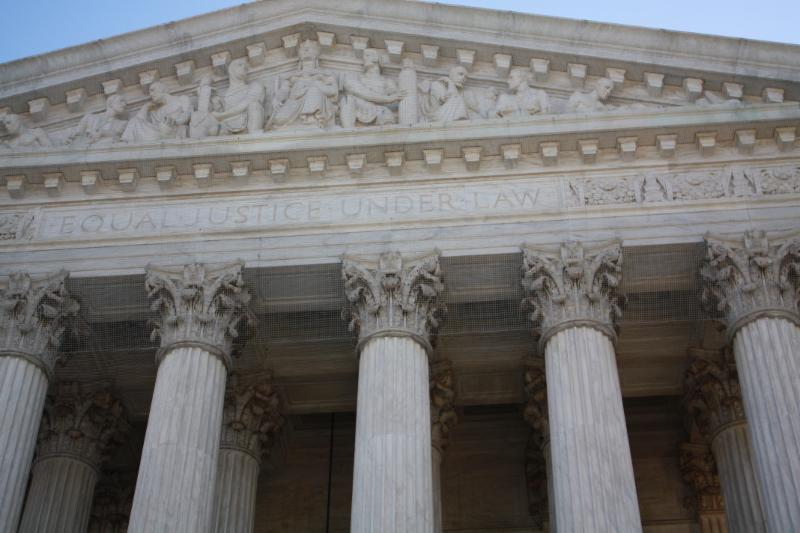 The South Carolina Supreme Court thinks so. At least when it comes to drug testing. The question certified before it was the following:
Under South Carolina law, does a drug testing laboratory that has a contract with an employer to conduct and evaluate drug tests owe a duty of care to the employees who are subject to the testing so as to give rise to a cause of action for negligence for failure to properly and accurately perform the test and report the results?
The key inquiry is what duty, if any, is owed by the tort-feasor, in this case the lab to the third party (employee). It is essential to liability for negligence that the parties have some relationship recognized by law to support the duty owed by the tort-feasor. 57 Am. Jur. 2d Negligence § 36. The South Carolina Supreme Court found such duty existed:
1. Because of the contractual relationship between the lab and Employer as law has held that a
duty may be derived from a tort-feasor's contractual relationship with another;
2. Because there is a sufficient relationship between a drug testing lab and an employee to support the recognition of a duty; and
3. Because of public policy concerns. Public policy favors the recognition of a duty of care in such context. There is a significant public interest in ensuring accurate drug tests because countless employees are required to undergo drug testing as a condition of their employment. Drug testing laboratories have the greatest amount of control over the accuracy of the testing process.
While courts in some jurisdictions have declined to recognize such duty, some courts of last resort have held that such duty exists, including New York, Pennsylvania and Wyoming.
For a full reading of the decision, please click
HERE. As always, please reach out to the Spognardi Baiocchi attorney of your choice to discuss this or any other concern.
|